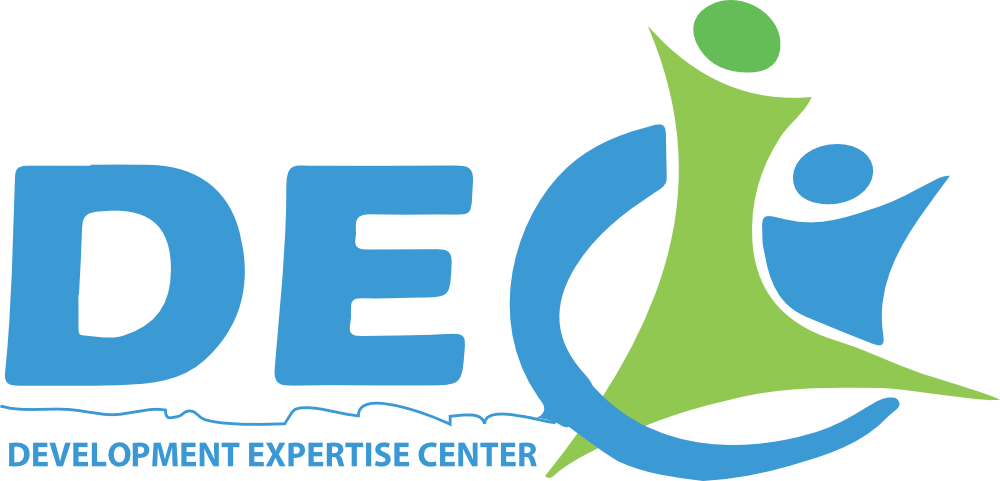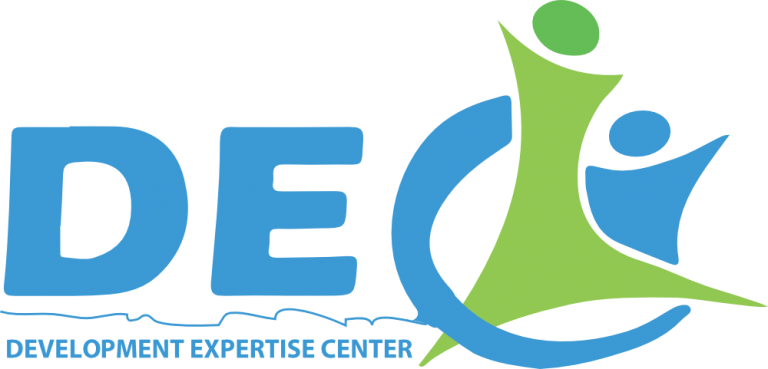The program Gender and Life Skills Development aims in achieving the following results:
- Enhanced prevention knowledge and awareness on SRH and HIV/AIDS
- Increased community’s support to achieve SRH education using contextualized, evidence based, and age appropriate manuals
- Increased awareness and perception of health experts on sexuality, gender and SRH
- Positive behavioral development and healthy decision making of adolescent and young people is improved
- Enhanced capacity of facilitators, school principals, Advisory Committee offices, religious and traditional leaders, PTA members, and other key stakeholders in the area of SRH
- Promoted understanding of SRH among all teachers of the targeted schools, and the families of the students
- Improved linkage of SRH education and information to religious and clan leaders, health care providers, parents to increase synergy and sustainability of the program
Major Activities
Pillar I: Increased SRH knowledge and information
Manual adaptation, Contextualization, translation, duplication, and distribution
Continuous contextualization of manuals used by the program. Manuals include SRH facilitation manuals both teachers and students “Meharebe” and parent-child SRH communication “Begebeta Zuria”. With the participation of teachers, parents, students, and DEC experts, we review and edit the manuals. Meharbe includes 14 chapters that discuss issues such as and adolescents around body change and drugs, alcohol, conflicts, HIV and STI’s, gender-based violence.
Capacity Development
- Conduct Induction and refresher Training for facilitators:
- SRHR Education and facilitation for adolescent, youth, and parents:
- Training on Gender Transformative Approaches
- Community Sensitization:
- Develop and distribute tailored and interactive IEC/BCC and learning SRH materials:
- Innovation documentation and learning:
- Sharing and learning
- Consistent site visits and follow-ups
Pillar II: Strengthened linkage between health sectors and schools
- Strengthening Health Referral Linkage:
- Health service provider’s capacity development:
Pillar III: Increased community support on youth’s SRH
- Parent Dialogue Sessions:
- Whole School Approach (WSA) workshops:
- Parent-Teacher-Student Association (PTSA) meetings:

